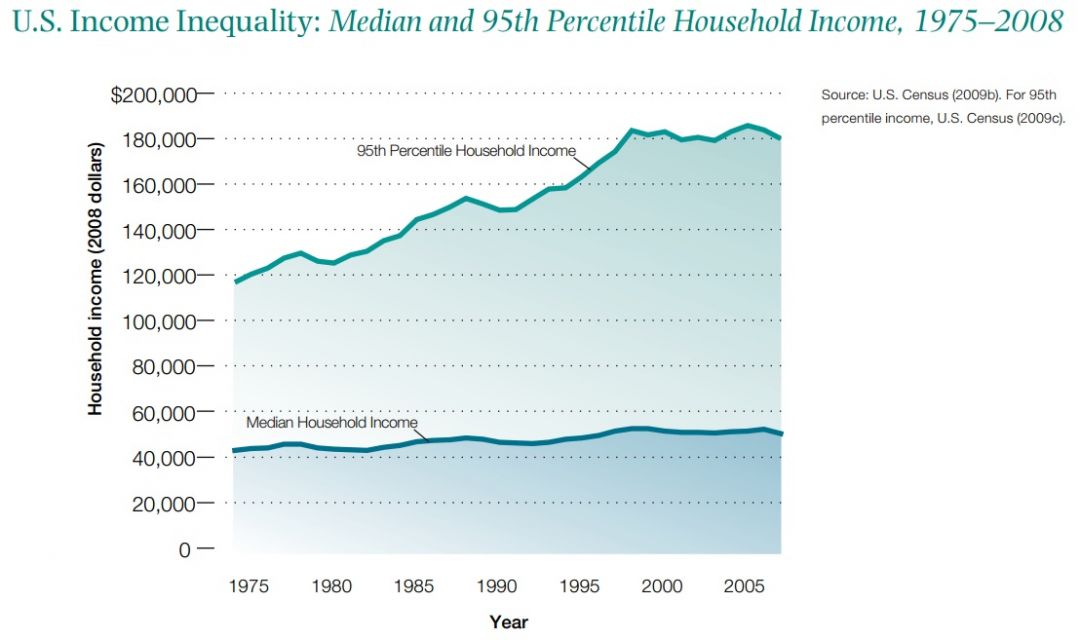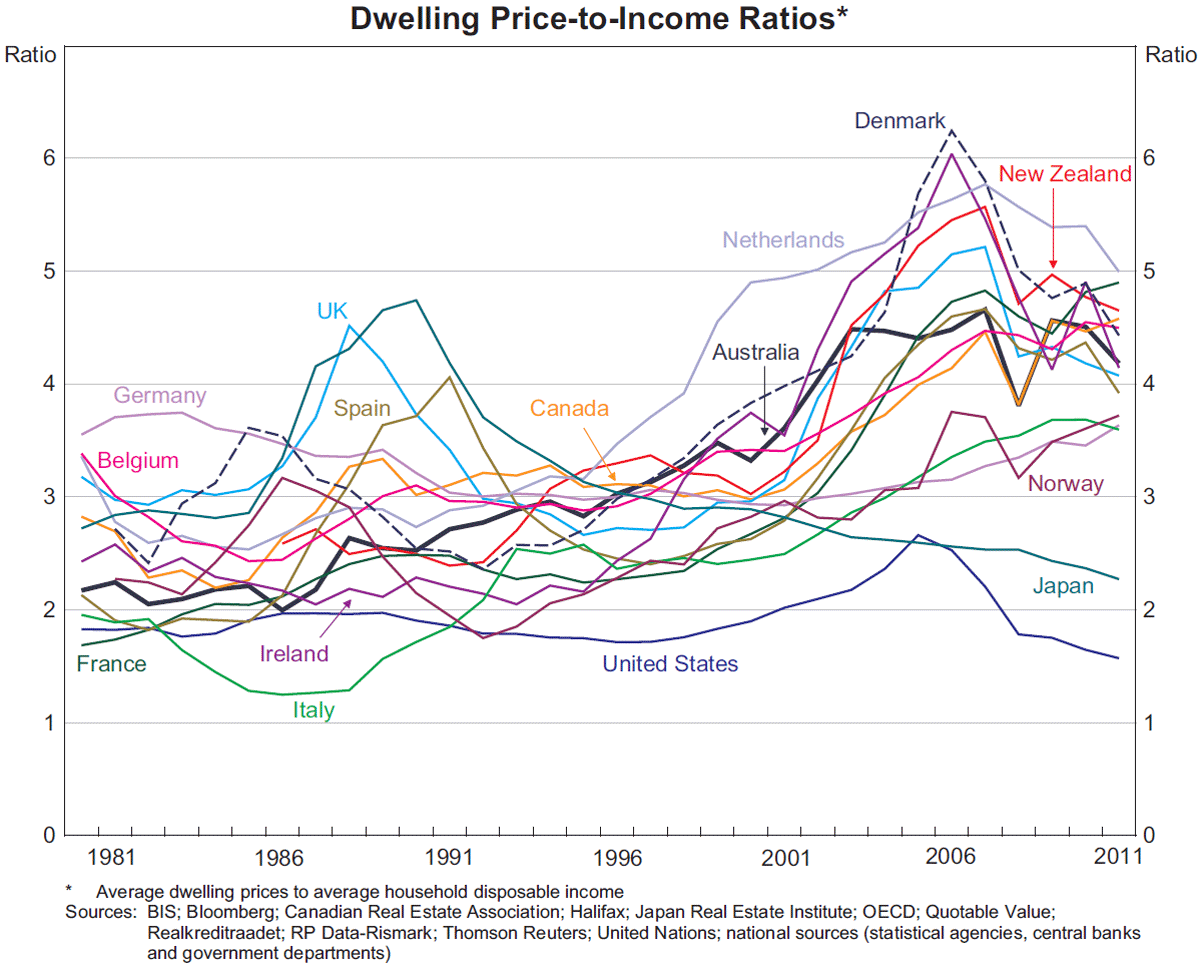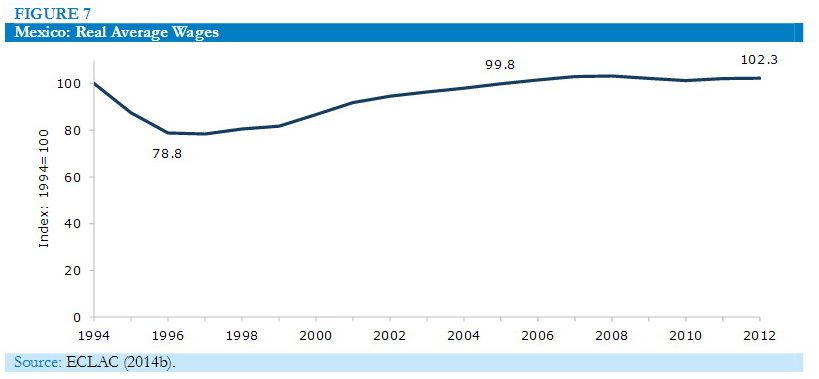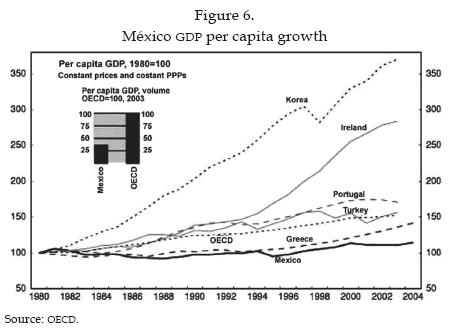Of course.

First of all, real household income should rise even if wages stagnate when dual-income households become the norm, otherwise this pretty much would mean a halving of real wages. In fact, only the stagnation - and for some age cohorts a decline - of wages could explain why the rise in real median household income has been so modest that it can itself be considered stagnant over decades.
Second, household income is not equivalent to working-class wages as it includes non-wage incomes of top households (capitalists and their paid capital-administrators, the CEOs, who earn 200-300 times the average employee), and is therefore already skewed towards a higher volume of income than pure wage incomes.


If I sum up my wage and the CEO wage and the income of the capitalist, I might get a nifty cool number which doesn't help me one bit as my wage income isn't rising at all.
Same applies to dumbass attempts to use PCE instead of CPI to overstate wage and income growth:
WSJ wrote:PCE, on the other hand, includes all goods and services consumed in the U.S. whether they are purchased by consumers or by employers or federal programs on behalf of consumers.
Once again, the focus of my concern is workers. Not employers, not capitalists, not corporations, not the US government. End of story.
A final point on the attempt to sneak in with PCE: this deflator changes weights according to substitution, for example, if bananas become expensive, consumers start eating apples which are cheap. As this demonstrates a notable pressure from the market for the consumer to switch to a cheaper and
 ceteri paribus less preferred product
ceteri paribus less preferred product, were it only a matter of choice alone, CPI rightly keeps product weights fixed. PCE deficiency can be easily seen in the following event: if a consumer's wages rapidly fall and his consumption of Austrian leather jackets that cost 500 dollars a piece shifts to cheaper fake leather from China 10 bucks a piece, PCE would see this as a less severe drop in quality of life compared to CPI. Of course, you can still argue that substituting quality with crap increases happiness, and that the workers can now buy a huge pile of crap with their wages, which means they're "better off".











